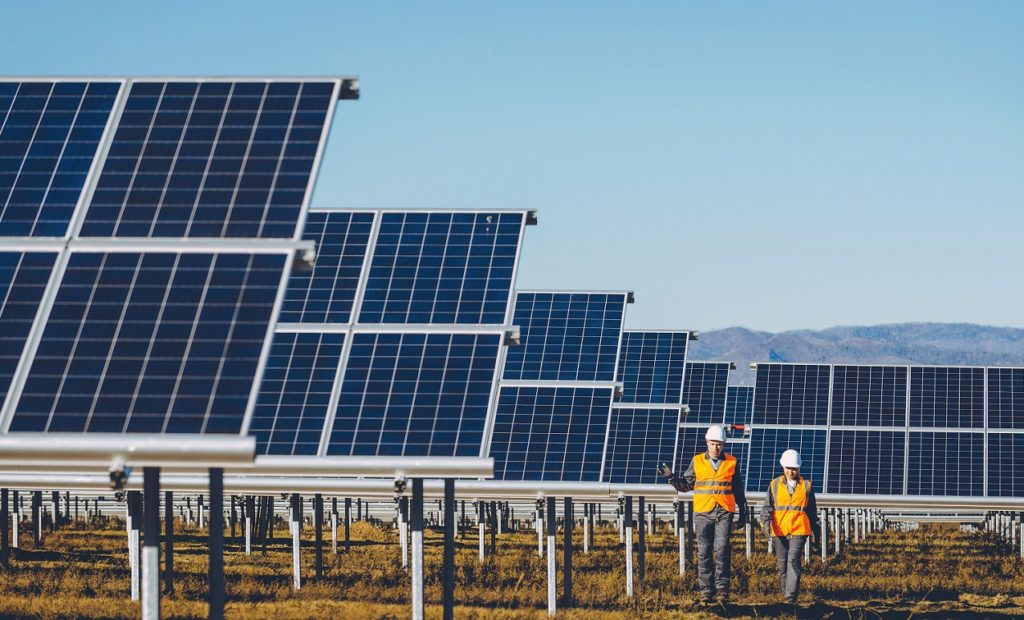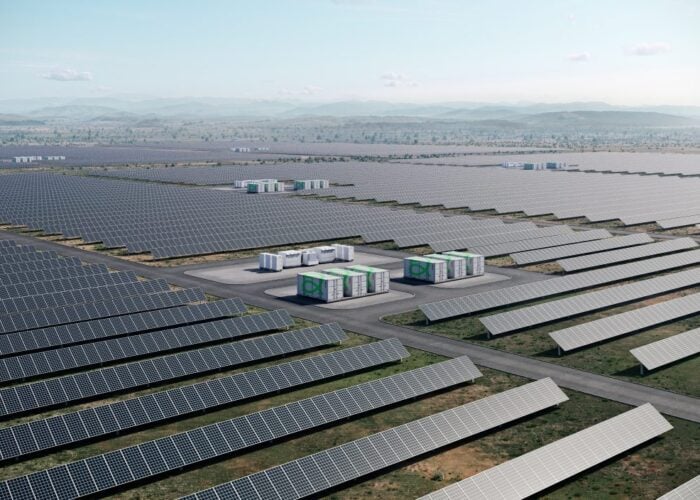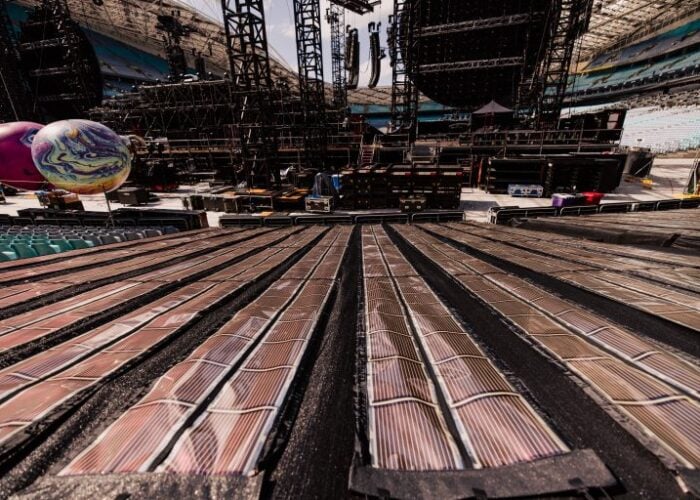
Canadian green energy investor Altius Renewable Royalties (ARR) and US investor Apollo have entered into a US$30 million royalty investment with Apex Clean Energy to aid in the latter’s commissioning of a 195MWac solar project in the US state of Texas.
Half of the money will come from ARR, which is investing the funds through a US subsidiary, Great Bay Renewables, and the other half will be provided by Apollo. The investment will go towards Apex’s Angelo solar project, where construction began last year and at which Apex plans to begin commercial operations in May this year.
Try Premium for just $1
- Full premium access for the first month at only $1
- Converts to an annual rate after 30 days unless cancelled
- Cancel anytime during the trial period
Premium Benefits
- Expert industry analysis and interviews
- Digital access to PV Tech Power journal
- Exclusive event discounts
Or get the full Premium subscription right away
Or continue reading this article for free
“Angelo Solar is a great project with a strong off-take contract and should provide a stable stream of revenue to Great Bay for years to come,” said Great Bay CEO Frank Getman. “We are pleased to support Apex’s efforts to speed and shape the energy transition through this investment in a soon-to-be operating project.”
Getman’s comments refer to an asset purchase agreement signed between Apex and Meta for the Angelo project last year as the US technology giant looks to decarbonise its operations across the US. The company is one of the largest buyers of renewable energy in the world, with clean power meeting 100% of its energy demand, and plans to invest in 86 renewable power projects in the US by next year, which will add 9.8GW of capacity to the US grid.
The continued involvement of major companies outside of the renewable space, such as Meta, could be an integral part of the clean energy transition. In its ‘Energy Transition Investment Trends 2024’ report, Bloomberg New Energy Finance (BNEF) reported that, in 2023, the US, EU and China alone invested over US$1 trillion into the renewables sector, and the US$1 trillion invested globally into renewable energy supply almost matched the US$1.1 trillion invested in fossil fuel supply.
However, BNEF global analyst team leader Albert Cheung noted that this spending, particularly from the private sector, will need to increase in the coming years if the world is to reach net zero by 2050.
“In that scenario, energy transition investments over the next six or seven years to 2030 would need to average US$4.8 trillion per year to get on track,” said Cheung in a webinar announcing the results of the report. “That’s almost three times the US$1.8 trillion we saw last year, so a significant step up of the pace needed in the immediate term.
“And that 4.8 then expands to US$6.5 trillion per year in the 2030s, and then US$7.6 trillion per year in the 2040s,” added Cheung.






